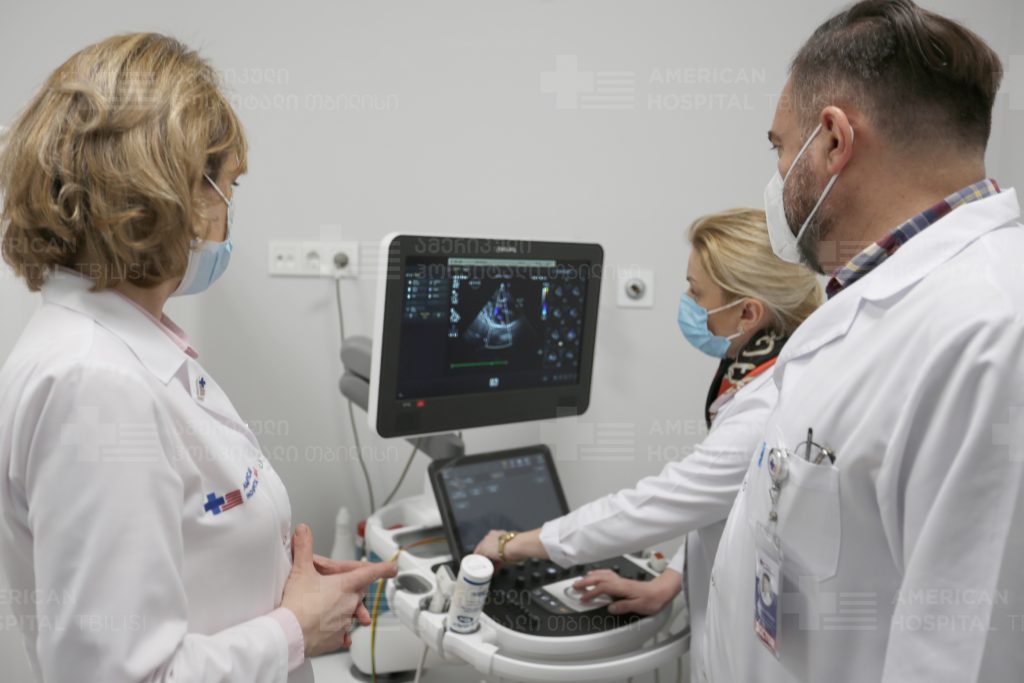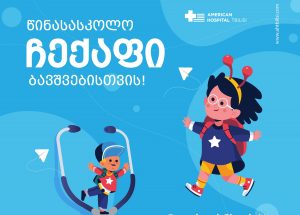Origins of the field
Despite considerable breakthroughs in medicine over the last decade, cancer remains one of the world’s greatest health issues today. Cancer remains a challenging diagnosis, despite advances in science and treatment procedures, but there is no judgment in the case of early detection. Oncology is one of the fastest developing fields, with anti-cancer medicines becoming more successful year after year. However, it should be emphasized that the present drape treatment procedures are still difficult to transfer and time-consuming. For example, chemotherapy, which is the most common method of fighting cancer, is often accompanied by certain side effects and complications. Sometimes the treatment can cause other diseases as well. As a result of anti-tumor therapies, the cardiovascular system is rarely damaged. Cardiac complications have become one of the leading causes of death for cancer survivors. Therefore, early detection of cancer-related toxicity is a clinical concern of oncologists and cardiologists, which has contributed to the development of the cardio-oncology discipline. Cardio-oncology has developed particularly in recent years and has become the official subspecialty of cardiology in many countries..
Cardio-oncology – a multidisciplinary method
The positive outcomes of the cancer fight are increasing year after year, which is a significant benefit of the disease’s interdisciplinary surveillance. This strategy entails the collaboration of specialists from several fields in the fight against the disease. Cardio-oncology is a multidisciplinary area that includes oncologists, cardiologists, and hematologists. As a result, one of the primary responsibilities of Cardio Oncology is to foster open dialogues among team members in order to share professionalism and responsibility. The primary purpose of developing this path is to improve the multidisciplinary method and proper patient management. As a result of teamwork of specialists, we get improved coordination of medical services, simplified research, cooperation, more professionalism, reduced costs, constant feedback, which is a guarantee of patient-centered service and care.

Cardio-oncology is involved in the treatment of a patient as soon as cancer is diagnosed and serves to prevent, detect, monitor and treat cardiovascular disease or a possible risk.
Conclustion
The existence of these well-organized departments gives us reason to assume that more people with cancer will have longer lives. Anti-cancer therapy will become much more effective to get a positive end result.





